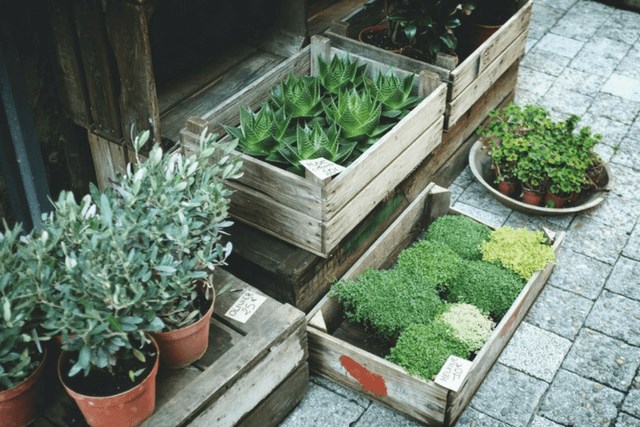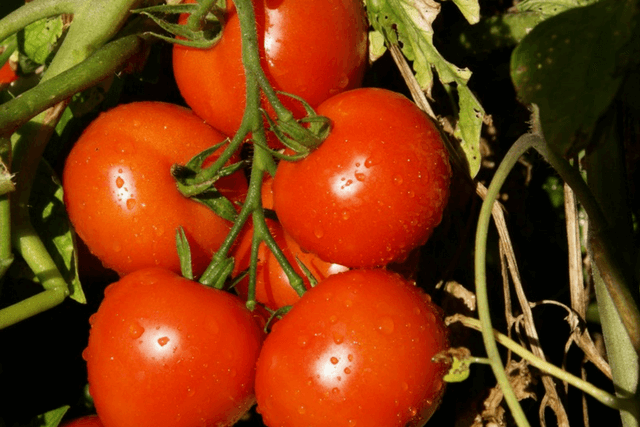
18 July . 2017
5 Ways to Become a Gardening Guru
Calling all green thumbs! With Briar Chapel’s commitment to sustainability, we encourage our friends to enjoy the art of gardening, whether a few porch-side flower boxes or a full backyard vegetable plot.
We’ve picked our favorite tricks from Carla Thomas’ 2K Reviews blog, a beginner’s guide to gardening. For more quick tips, check out the rest of her 16 simple and effective ideas!
-
Insulate your pots before planting.
Thanks to North Carolina’s ever-changing weather, your plants may not respond well to sweltering summers or sweater-worthy winters. Luckily, you can combat the climate with something as simple as bubble wrap. Place the wrap along the inside of the pot before adding soil to regulate the temperature of your plants. This pro tip works best if using ceramic, concrete or stone pots.
-
Put your kitchen waste to good use.
One human’s trash may be another plant’s treasure after all. After boiling or steaming your dinner veggies, irrigate your plants with the nutrient-soaked water instead of discarding it. (Just make sure the water isn’t salted.) You can also repurpose your vegetable peels as a fertilizer by planting them an inch below the soil of your garden.
-
Pluck your fruit before it’s ripe.
Patience is a wonderful virtue, but in this case, sometimes it pays to be a little impatient. If you don’t want to wait for your fruit to ripen or are worried about birds and bugs sneaking a bite, pick your fruit after it starts showing color. Put it in a basket with bananas, cover the basket with paper towels, and let the ethylene from the bananas help ripen the rest of the fruit.

-
Use apple cider vinegar or natural soap as a bug repellant.
To defeat pesky insects from ruining your garden, take a conical flask and fill it half with water and half with apple cider vinegar. Just set the flask near the plants, and your tomatoes will have a better chance of flourishing! Also try adding five tablespoons of all-natural soap to every gallon of water and spray it on your plants.
-
Water your plants when the temperature is low.
We saved the simplest solution for last! If you water in the morning or evening when the temperatures are lowest, less evaporation will keep the water in the soil longer, saving you water and a lot of mid-afternoon sweat in the summertime!
For tips on how to incorporate all these fresh veggies into your diet, check out our blog on A Fresh Approach to Food.
